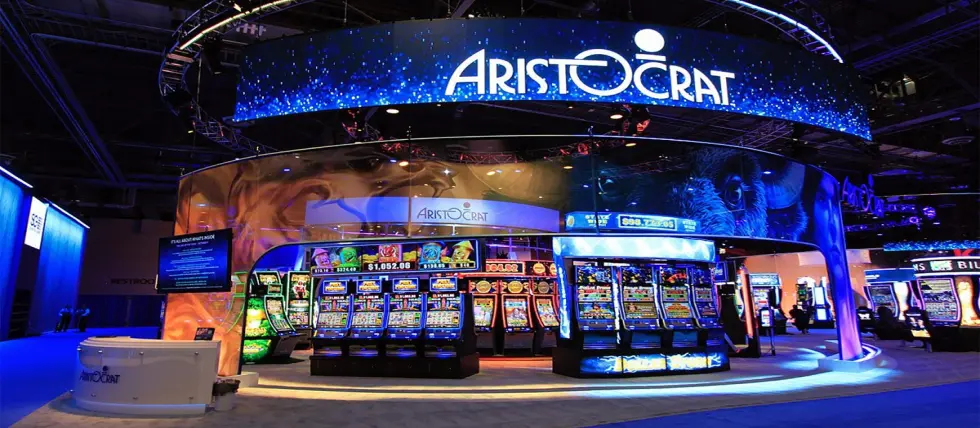Despite Social Casino Backlash, Aristocrat Given Boost by Analysts
Aristocrat Leisure has received a boost from Jefferies Equity Research, as analyst Kai Erman placed a Buy rating on the company, highlighting the robust performance of its social casino products.

Erman stated that Aristocrat has been outperforming the broader market significantly, reflecting its strong position in the competitive social gaming sector. This positive outlook was shared in a December 4 investor note, which emphasized Aristocrat's ability to capture additional market share.
Related: Kansas Supreme Court Hears Arugments in Social Casino DebateA key driver of the optimism surrounding Aristocrat is the company's strategic moves to streamline its portfolio. The recent sale of its Plarium mobile gaming division to Modern Times Group for $820 million and the impending sale of Big Fish Games have been pivotal.
According to Erman, these divestitures will provide greater clarity regarding Aristocrat's social gaming growth, showcasing its potential to expand its presence further in the market. With these sales, Aristocrat's social casino operations now account for 3.9% of its total revenue, allowing the company to focus on leading and differentiated content.
Jefferies' analysis positioned Aristocrat as holding 15% of the social gaming market, outperforming Light & Wonder's SciPlay division, which holds an 11% share. The third-quarter data demonstrated Aristocrat achieving 8% growth in gross gaming revenue, surpassing Light & Wonder's 6% and Playtika's flat performance.
While Playtika remains the leader in social casino market share, the gap between the companies is narrowing, with Aristocrat showing strong momentum. Erman attributed this to the company's improved ability to leverage content across both land-based and digital gaming formats.
More Business News
Social Casinos Still a Regulatory Target
Despite these promising developments, the social casino industry, including Aristocrat, faces significant legal and reputational challenges, particularly in the US. Social casinos allow players to gamble with virtual currency, often creating a gaming experience that mimics traditional gambling but without offering real monetary winnings.
Critics argue that this business model exploits players by encouraging in-app purchases and fostering gambling-like behaviors. Legal controversies have arisen over whether social casinos constitute gambling under existing laws, as players often spend real money to purchase virtual chips without the possibility of monetary gain.
In recent years, lawsuits have been filed against social casino operators, alleging violations of gambling regulations. Courts in the U.S. have issued mixed rulings, with some classifying social casinos as illegal gambling platforms under state laws.
These legal disputes have prompted increased scrutiny of the industry and raised questions about the regulatory future of social casinos. While Aristocrat has so far navigated these challenges successfully, the growing backlash underscores the complexities of operating in a sector that straddles the line between gaming and gambling.
The sale of Plarium and Big Fish Games is seen as a strategic move that aligns with Aristocrat's focus on interactive gambling growth. Erman viewed these divestitures as sensible decisions that position the company to concentrate on synergies between its land-based and social gaming content.
Aristocrat's ability to utilize brand recognition and reduce marketing costs is expected to bolster margins in the social gambling sector, which could contribute to three to four percent growth in an otherwise flat market.
RELATED TOPICS: Business
Most Read
Must Read
 Interviews
Interviews
Sweepstakes Casinos: Thriving in an Ever-Changing Industry – Interview with Attorney Stephen C. Piepgrass
Feb 17, 2025 Interviews
Interviews







Review this New Post
Leave a Comment
User Comments
Comments for Despite Social Casino Backlash, Aristocrat Given Boost by Analysts